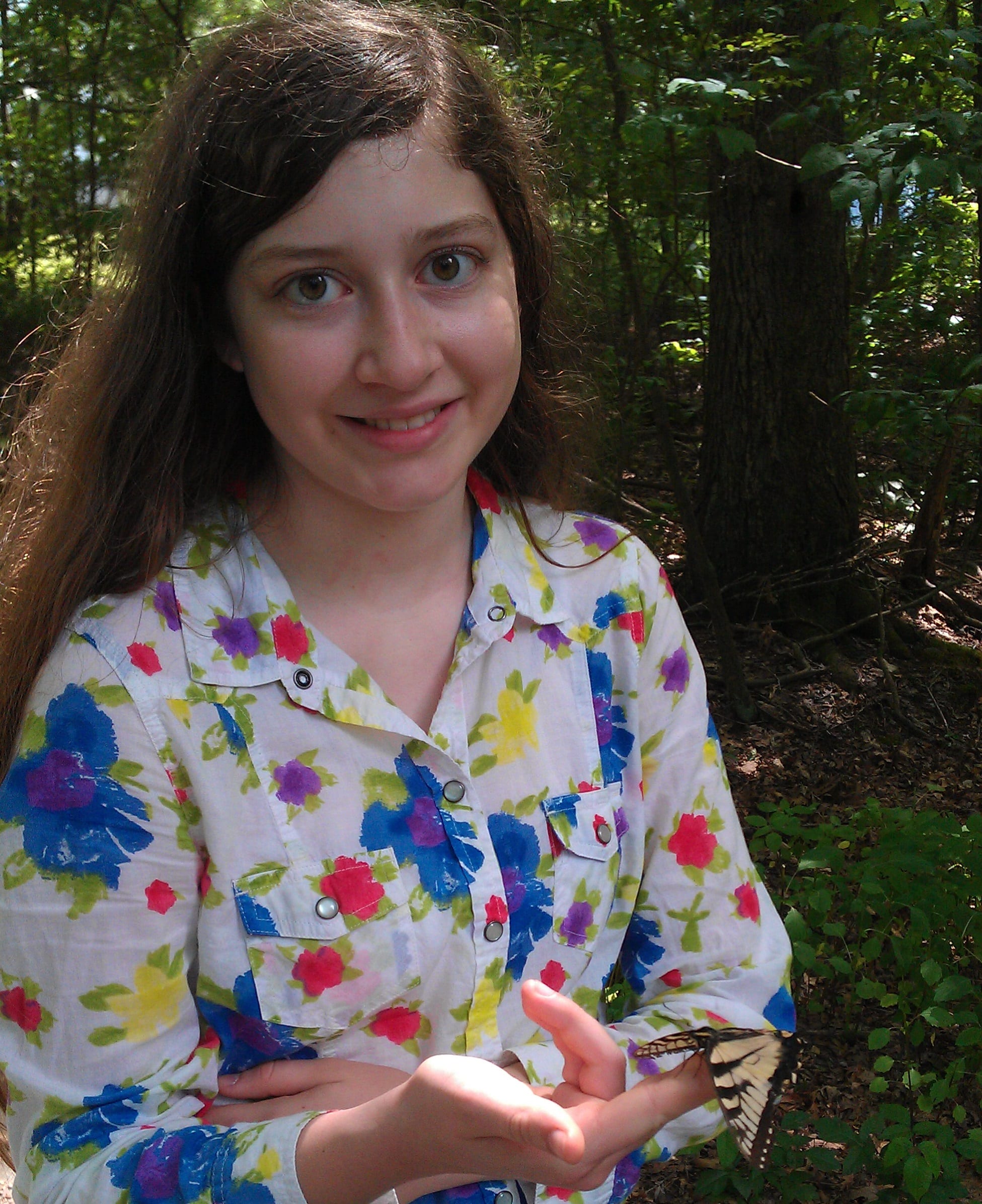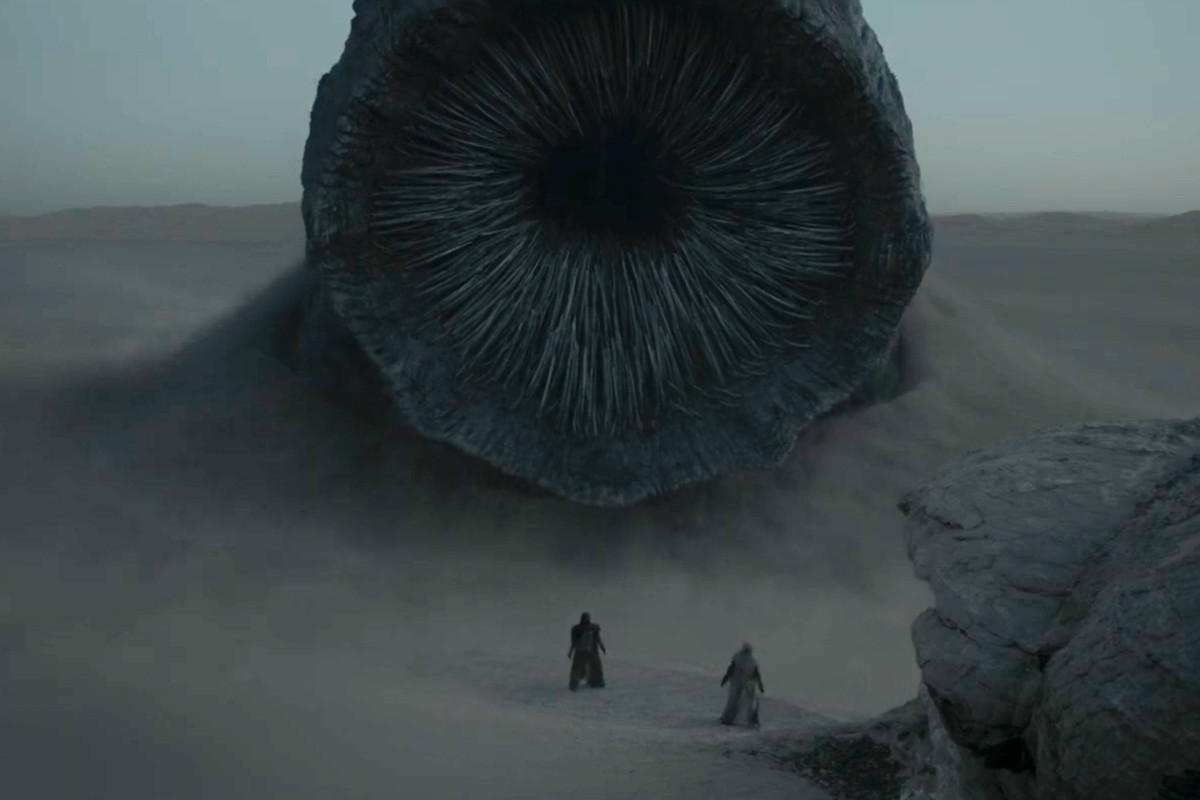To celebrate the holiday season, ASO is bringing you a science-filled 12 Days of ASO Christmas! This will be a series of ‘mini-blogs', by Rosemary Wills, centered on the science of some of our most cherished traditions. This is the eighth in the series.
They say there's no place like home for the holidays… but how do you get there? If you're a bird, turtle, lobster, or even a bacteria, chances are you'll be relying on the earth's magnetic field.

Magnetoreception, the ability to detect magnetic fields, is one of the most mysterious biological superpowers. It's often described as a kind of built-in compass, but many animals show such delicate sensitivity to fluctuations in Earth's magnetic field that they're able to treat it more like a map, directing them to a specific mountain or island year after year.
Scientists aren't sure exactly where sensory organs associated with magnetoreception might be located, making it difficult to study. So far, there are two proposed theories for how it works: the first relies on tiny magnetite particles in specialized cells (first discovered in bacteria and trout) that align themselves with an applied magnetic field; the other involves cryptochrome, a molecule found in the eyes of many birds that could allow them to “see†magnetic fields.
Scientists have even detected “glimmers†of magnetoreception in humans. In preliminary studies, performed in a special Faraday cage fitted with wire coils to simulate magnetic fields, researchers noticed that shifts in the direction of an applied magnetic field caused corresponding alterations in brain activity patterns. This “sixth sense†is so weak it can be blinded by AM radio signals, but it may be the evolutionary remnant of a perception that once guided us home.
About the Author
 Rosemary Wills is an undergraduate at UGA majoring in Plant Biology and Science Education. When she's not writing, coding, or spending time with family, she enjoys growing plants in her windowsill and crocheting science-related things. More from Rosemary Wills. Rosemary Wills is an undergraduate at UGA majoring in Plant Biology and Science Education. When she's not writing, coding, or spending time with family, she enjoys growing plants in her windowsill and crocheting science-related things. More from Rosemary Wills. |
About the Author
-
athenssciencecafehttps://athensscienceobserver.com/author/athenssciencecafe/April 17, 2020
-
athenssciencecafehttps://athensscienceobserver.com/author/athenssciencecafe/April 12, 2020
-
athenssciencecafehttps://athensscienceobserver.com/author/athenssciencecafe/April 3, 2020
-
athenssciencecafehttps://athensscienceobserver.com/author/athenssciencecafe/March 30, 2020







